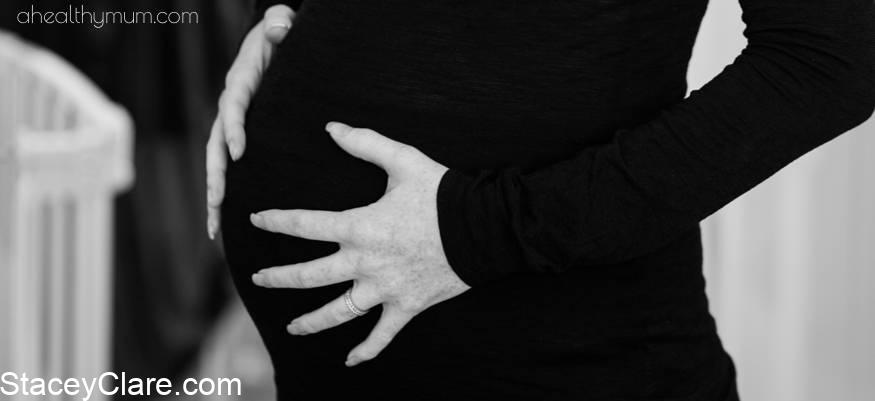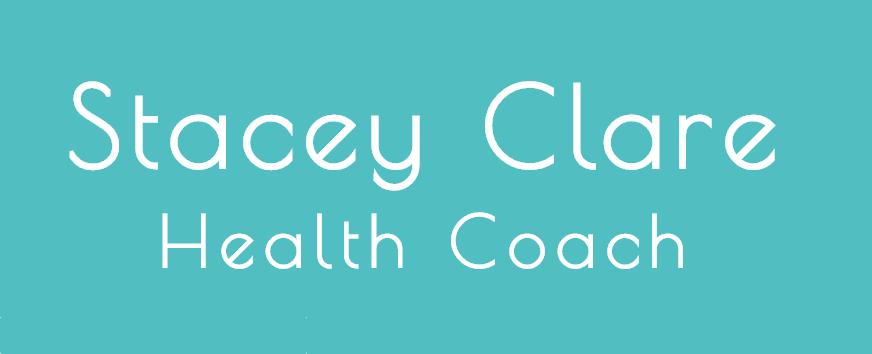 At my latest obstetrician appointment my doctor told me that my iron levels are sitting on the lower level. He quickly started writing me a script, but as he was doing it, he rolled his eyes, clearly knowing me all too well. He said, "Yes Stace, there are side effects. You're likely to experience, fatigue, indigestion, constipation, irritability, swelling and heartburn." Wow, that sounds like the kind of tablet a heavily pregnant woman wants to take, NOT!!!! We agreed on a course of action, I walked out and headed straight for my textbooks to read up on how I could boost my iron levels, naturally.
At my latest obstetrician appointment my doctor told me that my iron levels are sitting on the lower level. He quickly started writing me a script, but as he was doing it, he rolled his eyes, clearly knowing me all too well. He said, "Yes Stace, there are side effects. You're likely to experience, fatigue, indigestion, constipation, irritability, swelling and heartburn." Wow, that sounds like the kind of tablet a heavily pregnant woman wants to take, NOT!!!! We agreed on a course of action, I walked out and headed straight for my textbooks to read up on how I could boost my iron levels, naturally.
Now, before I give you some great natural options to help raise your iron levels, I do want to caveat that I'm taking this approach in complete cooperation with my doctor. He's given me two weeks to improve it myself and if I don't, I'll take the tablets. I understand how vitally important good iron levels are, especially for a pregnant woman. If I don't have them, I'm not transferring them to the baby and boy oh boy does a growing baby need good levels. So, in short, iron is an essential mineral used to transport oxygen to all parts of the body. The majority is absorbed through the upper part of your small intenstines and without adequate levels, you'll feel fatigued and all kinds of unwell. Something you may not know is that there are two types of dietary iron: heme and nonheme. Heme iron is derived from haemoglobin. It's found in animal foods that naturally contain haemoglobin such as red meat, fish and poultry. Now this type is the one that your body absorbs best. Top 3 sources are:
- Beef or chicken liver
- Clams, mollusks or mussels
- Oysters
Nonheme iron is derived from plant foods such as lentils, beans and spinach. This is the type you often read about that’s added to baby formula or tablets or is fortified in cereals. Unfortunately, our bodies are less efficient at absorbing this type of iron. That's not to say our bodies can't, they just aren't as good at it. Top 3 sources:
- Breakfast cereals enriched with iron
- Cooked beans
- Pumpkin, sesame or flax seeds
Here's a list of a few other iron-rich foods that are worth including in your diet:
- Red meat and fish
- Eggs, especially the yolks
- Dark, leafy greens (spinach, watercress and kale)
- Dried fruit (apricots appear to be the best, just make sure you get the sulpha free variety)
- Nuts and seeds
- Quinoa
Lastly, if you eat iron-rich foods along with foods that provide plenty of Vitamin C, your body is better able to absorb the iron a lot better. So, add some fruit to breakfast cereal or try adding some green leafy vegetables to your meals. Tell me friends, are there any other foods you eat regularly that are high in iron? Stace x

Leave a Reply